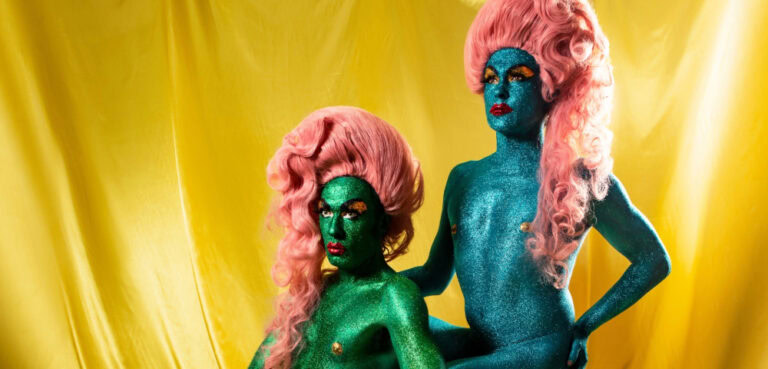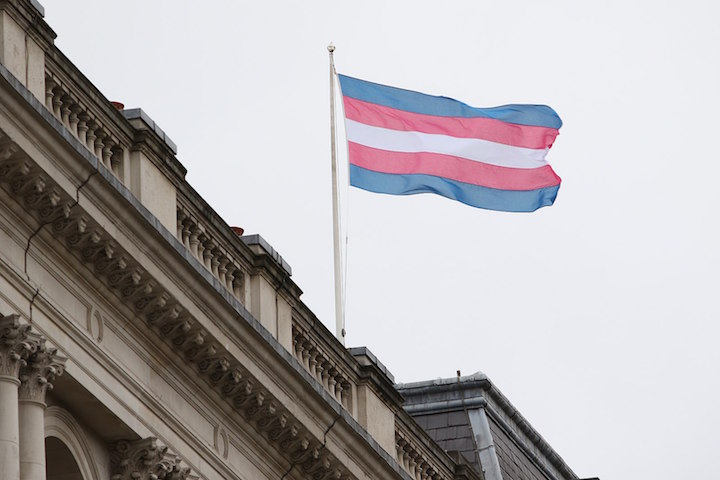
Catholic school denied help to gay student
ALEX MCKINNON
A former Catholic school teacher has come forward claiming he was forced to deny help to a young gay student by his employers.
Daniel Torcasio, 33, taught for four years at an exclusive Catholic boys’ high school in Melbourne, where he said he was forced to ignore widespread homophobic bullying among students and hide his sexuality to avoid being fired.
Torcasio told the Star Observer how, in 2009, he was even ordered by Melbourne’s Catholic Education Office not to provide help to a young boy who confided in him that he was gay.
“A 13-year old kid came to me and told me he was gay. He’d only told his family and a few close friends, and told me so that if he was ever bullied at school someone would understand the situation and be able to help,” Torcasio said.
“Naturally I took it to the school leadership, who then went to the Catholic Education Office.”
Torcasio said he was horrified by what happened next.
“The reply back from them was that we were never to mention matters like this again. That kid could’ve come to me as a cry for help – if he’d said he was suicidal or that he was being bullied, we would’ve been told to help him in any way we could, but because he was gay, we weren’t ever to discuss it,” he said.
“I couldn’t even help this kid at all – if I’d even been seen to be supporting a gay student, my job would have been at risk. It was one of the reasons I left, I’d just had enough.”
Torcasio came forward, in part, because the federal government’s Human Right and Anti-Discrimination Bill, due to be debated in Parliament this year, upholds the religious exemptions that forced him to remain silent.
“Our political leaders, Julia Gillard included, are supposed to be protecting citizens, not enforcing laws that promote discrimination and hatred against them,” he said.
On Monday, a new Essential poll revealed 52 per cent of Australians thought religious organisations should not be allowed to refuse employment to people who did not live by the organisation’s beliefs.
Of the more than 1,800 people surveyed, just a third supported the current exemptions.
Torcasio said that when he started work he signed a contract stating that he would ‘appear to live by the Catholic ethos’.
“I was fairly open about my sexuality in the staff room, but I couldn’t let one detail of my private life slip to my students. If I’d mentioned my sexuality to someone or a parent had complained, I would have lost my job,” he said.
Torcasio claimed the “Catholic ethos” stipulation in teacher’s contracts was only enforced on gay teachers.
“Female teachers would move in with their boyfriends or have babies and they didn’t have to hide it – they could and did tell their students honestly about their relationships. On paper they were bound by the same expectations that I was, but in practice those expectations only applied to me and other gay teachers,” he said.
Torcasio also spoke of an endemic culture of homophobic bullying at the school which went virtually ignored by teachers.
“If a boy made a racist remark or referred to a girl as a bitch, any teacher would immediately jump on it, but boys would bully their classmates using the word ‘faggot’ and teachers wouldn’t blink an eye. There were exceptions, but most of the time not a single staff member would take action against it,” he said.
“I went to this school myself, and I experienced a lot of bullying. I went back as a teacher hoping it would be different, or at least that I could be part of some kind of change, but 15 years later it was exactly the same as when I left.”
Catholic Education Office Melbourne (CEOM) spokesman David Ahern said it had no official policy on dealing with gay students, but referred the Star Observer to its policy guidelines, which state that all employees should “avoid, whether by word, action or public lifestyle, influence upon students that is contrary to the teaching and values of the Church community”.
However, employers are discouraged from asking questions about marital and familial status, political affiliation, religious adherence or age while conducting interviews.









